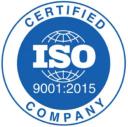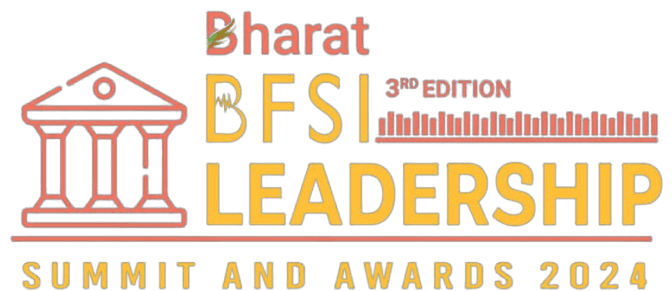Published on Dec 29, 2023 by [email protected]

The Delhi High Court ruled that the use of trademarks as keywords in the Google Ads program, without causing any confusion or unfair advantage, does not constitute infringement. This decision was made in a group of appeals filed by Google LLC against MakeMyTrip (India) Private Limited (MIPL), which challenged an ad interim order passed by the Single Judge.
A Division Bench of Justice Vibhu Bakhru and Justice Amit Mahajan stated that Section 29(7) of the Trade Marks Act, which applies when a person applies a registered trademark to a material intended to be used for labelling or packaging of goods, as a business paper, or for advertising goods or services, does not apply in this case. The use of trademarks as keywords cannot be considered as applying the registered trademark to any material intended for labelling or packing goods, as a business paper, or for advertising goods or services. The Bench added that the trade mark is not applied to any material when it is used as a keyword, and neither Google nor the advertiser applies the trade mark on any material intended for the labelling or packaging of goods or as a business paper. Thus, there is no application to any material for advertising goods or services.
In this case, MIPL had filed a lawsuit for a permanent injunction seeking to restrain infringement of its trademarks, passing off, dilution of goodwill, unfair competition, and rendition of accounts of profits/damages, etc. It sought a decree of permanent injunction against ‘Booking.com’ from using its registered word marks or any deceptive variant as keywords through the Google Ads Program or using the same in any manner amounting to an infringement.
MIPL also sought a decree of mandatory injunction against Google India and Google requiring them to ensure that Booking.com does not promote their business by using MIPL’s word trademarks as keywords in the Google Ads Program. The Single Judge restrained the defendants i.e., Google, Google India, Booking Netherlands, and Booking India from using the mark ‘MakeMyTrip’ together or in conjunction, with or without spaces as a keyword on the Google Ads Program.
Google LLC filed appeals before the High Court and the Court observed that the use of MIPL's trademark MakeMyTrip as a keyword does not fall foul of Section 29(8) of the Trade Marks Act as it does not amount to unfair advantage or contrary to the honest practices in industrial or commercial matters and thus, does not constitute infringement under Section 29(8) of the Trade Marks Act. Use of trademarks as keywords by competitors, without causing confusion or deceit, does not per se amount to infringing use.
The Court also clarified that the meaning of the expression ‘shall presume’ as set out in Section 29 of the Trade Marks Act is in respect of the meaning of the said expression under the Indian Evidence Act, 1872 and it is not necessary that the same meaning be ascribed to the expression as used in other enactments. Additionally, the Court did not agree with the contention that Sub-section (4) of Section 29 of the Trade Marks Act, 1999 would be applicable in cases where the goods and services in respect of which allegedly infringing marks are used are similar.
The Court said that Sub-section (4) to Section 29 of the Trade Marks Act is applicable only when a person who is not a registered proprietor of a registered trademark, or otherwise entitled to use the same, uses in the course of the trade a mark, which is identical or similar to the registered trademark in relation to goods or services, which are not similar to those for which the trademark is registered.
In summary, the Court upheld the view that the use of trademarks as keywords by competitors absent any confusion or deceit, does not per se amount to infringing use


.4c5c34b3.png&w=256&q=75)











